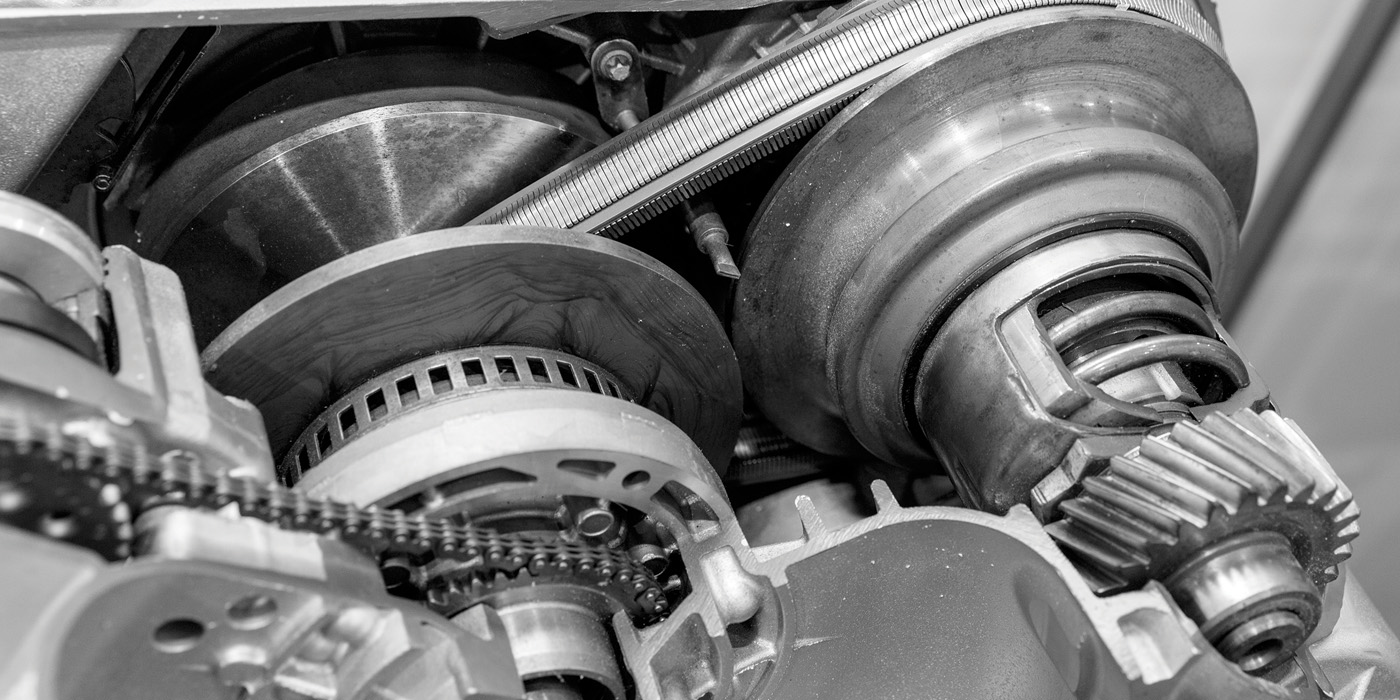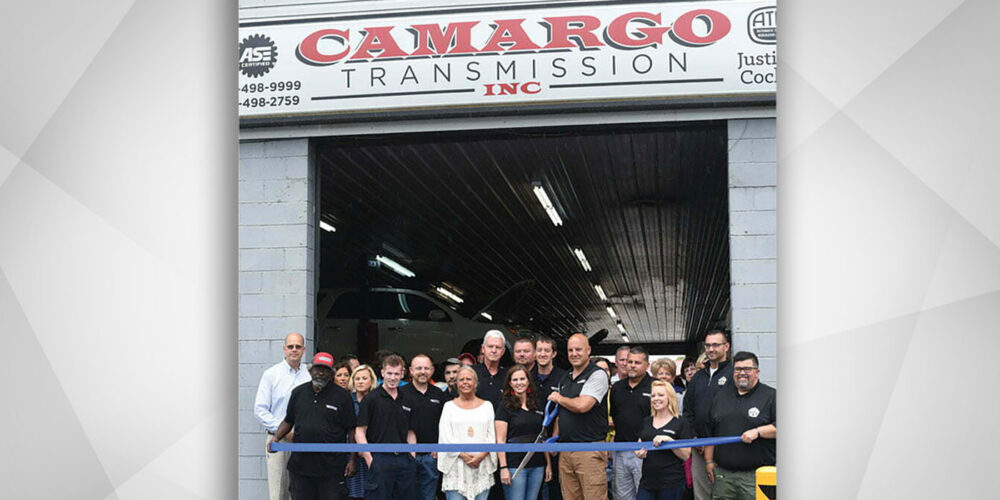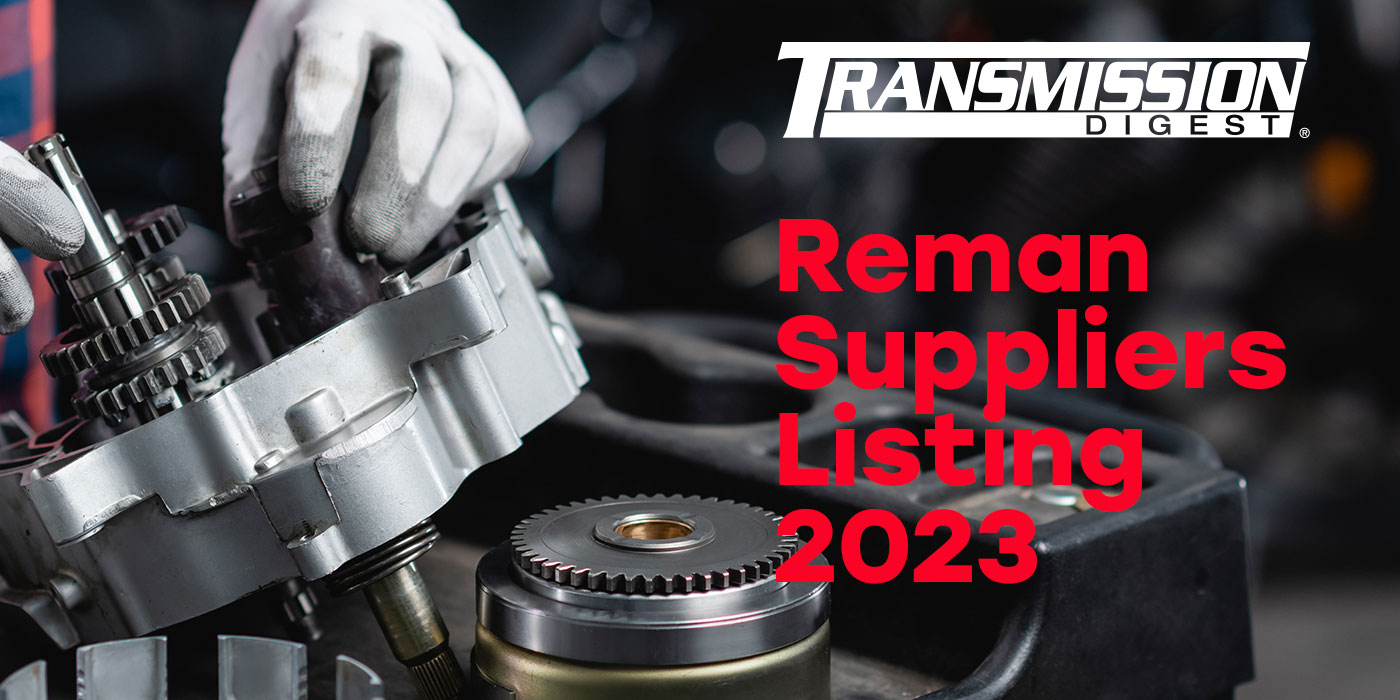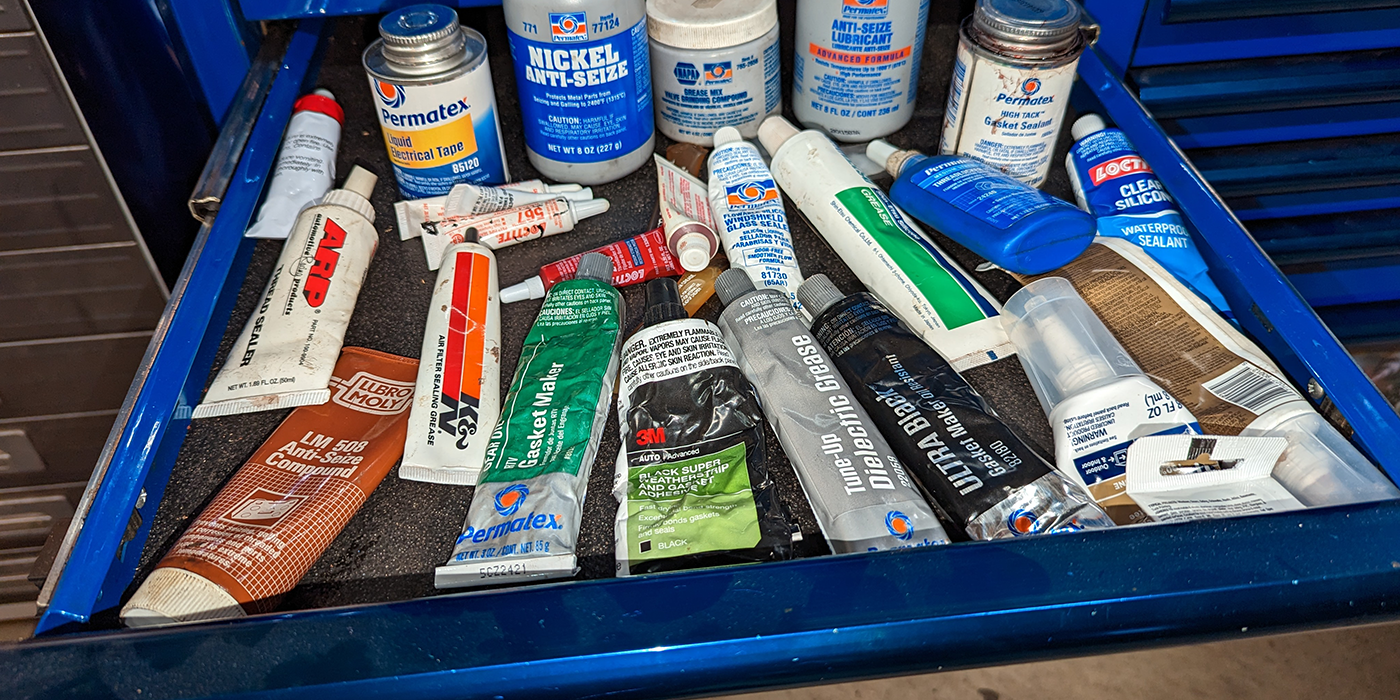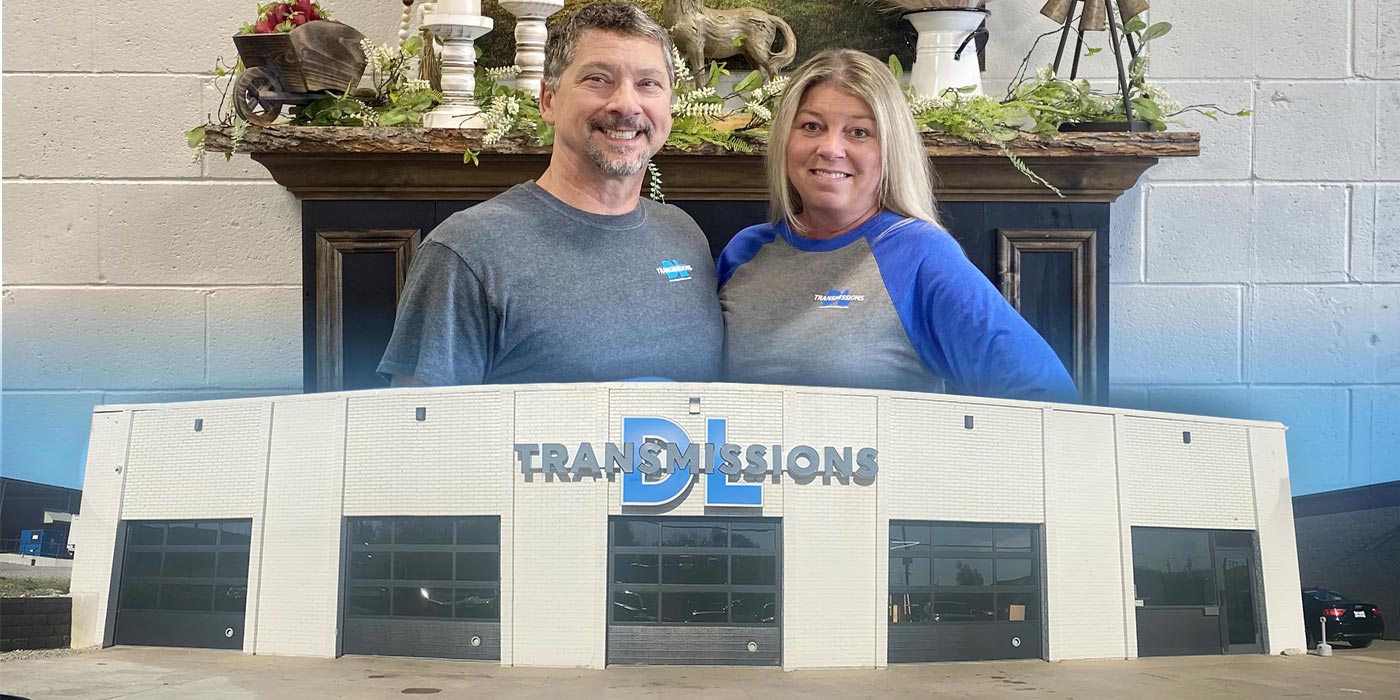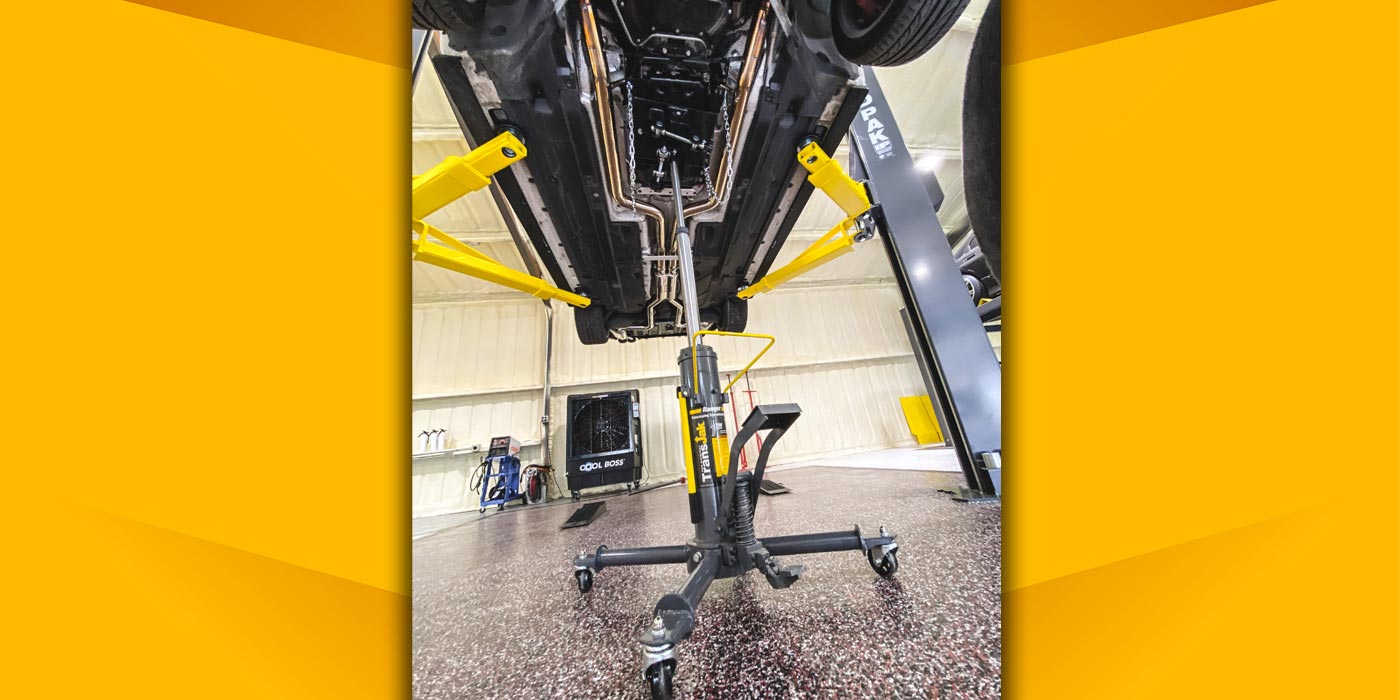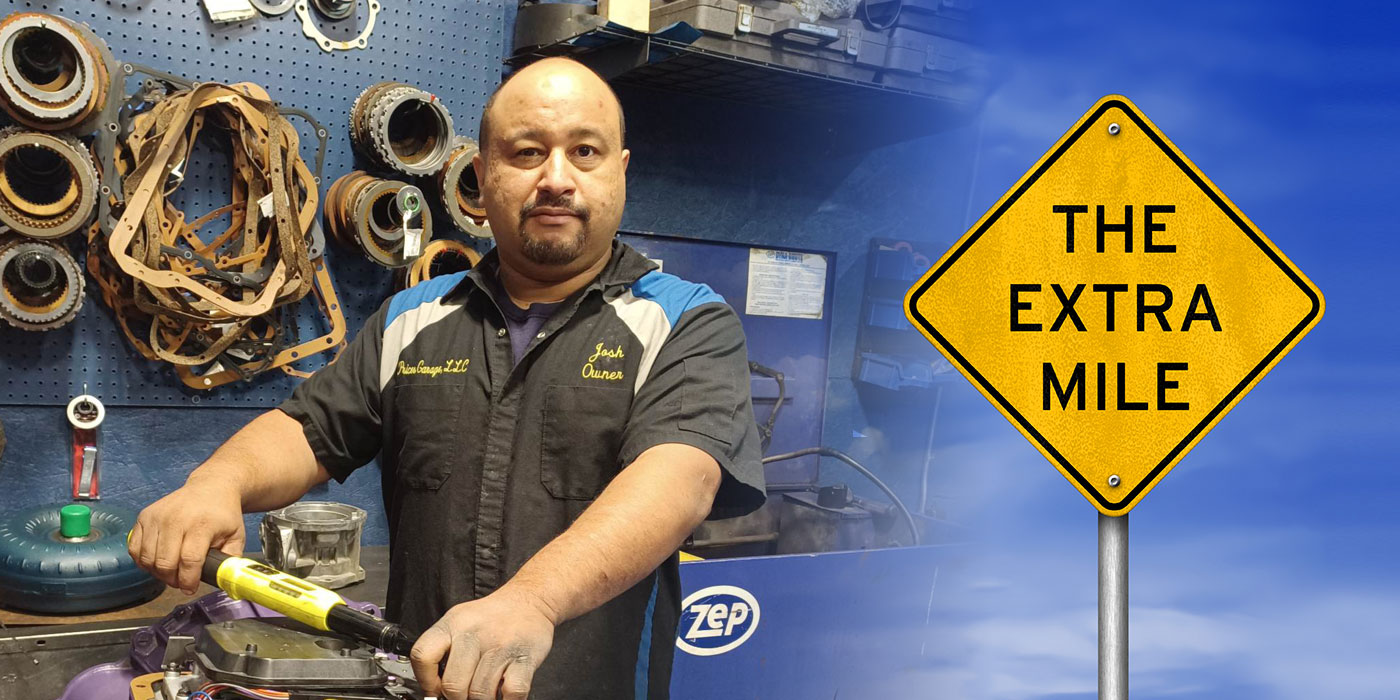

It’s Your Business
- Author: Terry Greenhut
- Subject Matter: Shop management
- Issue: Attitude
17th in a series
I often wonder how many people in our business are content with the trade they’ve chosen and are excited or at least happy about going to work each day. I know there are some, but I fear not as many as should be. After all, this is a very tough business. It’s one of the few that the job isn’t over when it’s finished. It isn’t over till the warranty has expired and for maybe some time after that.
I’ve always tried to look at every day as a new challenge, one to be dealt with and handled to the best of my ability. According to my wife, I am one strange duck. She doesn’t think there are very many working people who really derive a high level of enjoyment from doing the 9 to 5 and she may be right. Most people seem to be in it for the paycheck and not much more. I, on the other hand, have enjoyed every job I have ever had and have looked forward to going to work even on days when the problems I had to face seemed overwhelming. I guess I’ve always been thrilled by the fact that I had a job to go to and try to master.
Unlike many, I was not a clock watcher, nor a money counter, although often I would be unhappy that the day slipped away and I didn’t get to accomplish as much I would have liked. My goal was always the mission. I knew I would be rewarded for performing successfully so I didn’t worry about that. I cared about doing it right the first time or making right what had been screwed up by myself or somebody else in the past.
When I worked for other people I would always give them a chance to pay me what a dedicated caring employee was worth. If they didn’t recognize it I would eventually move on to work for someone who did. When I ran my own shops I charged really good money for the work we put out and I would fire any customer who wasn’t willing to have it done right and pay the right price for it. That may sound reckless and foolhardy but I learned early on that you waste most of your time trying to satisfy people who aren’t even willing to pay you what your work is worth. You make all kinds of concessions to them, to the point where you neglect your good customers while trying to please the lesser ones and it goes completely unappreciated, so I decided not to do that. Some might call that having a bad attitude. I call it having a good one because I was protecting my good customers and the shop’s ability to satisfy them.
Respect for employees
If you are the boss, having a good attitude toward your employees is critical. They will produce a lot more good work if they are comfortable with you and respect you. You can’t walk around with an angry puss all day and expect them to be happy little worker bees. You need to show respect for them as you would like them to do for you.
I had a competitor at one point, a few towns away, who had such a bad attitude toward his employees that on pretty much a regular basis he would fire all of them at the same time. Being dramatic as he could he would come in early the morning he was going to do it and roll their tool boxes out of the shop onto the street. How none of them ever punched him in the face for doing it I was never able to figure out. After a couple of hours he would realize that he couldn’t get the work out, and he called all of them to apologize and offer to take them back. How’s that for job insecurity?
Was that a boss with a bad attitude or someone who was missing a few 8s and 9s from his deck? If you aren’t one yourself you may not be aware of how many screamers there are in our business; people who believe in keeping employees off balance and uncomfortable in their work environment. They yell almost constantly and actually expect employees to respond well to them. In truth, after a while the employees either don’t hear it anymore, or they quit, slow production drastically, or may even sabotage some of the work. In any event they won’t talk up the shop to people they meet or ever ask their friends in the business to come work there. What does all that yelling accomplish? Absolutely nothing.
Being mostly retired now and living in Florida, I still venture up to New York for a few months every year to do some work for a very large and very successful company. I work for several different bosses in that company and they all have something in common. They treat employees as though they were thrilled to see them every day. They shake hands a lot and tell you what a great job you’re doing, and at the end of the day as you are leaving at least one of them will always come up to you and say, “Thank you for today.” Now that may not mean a whole lot to some people but it impresses the heck out of me. It always makes me want to come back tomorrow.

Respecting suppliers
Having a good attitude toward your suppliers is important. You want to be the person that if there is only one left on the shelf they will see that you get it as opposed to another customer who doesn’t treat them so well.
I’ve been in several shops that treat their parts suppliers like punching bags and then expect special favors. They make them bid on every order, chew them down on price and/or constantly hang out the threat of going somewhere else, they put unrealistic time constraints on deliveries, and they return parts as defective that really aren’t. Some do it just because they have a rotten attitude but many more do it because they aren’t good at selling. They don’t feel they can get a good price for their work so they try to make up for it by buying parts and supplies as cheaply as they can. Personally, I never wanted cheap. I wanted good because the cost of the comeback could never be justified by the few dollars saved buying cheap parts. I also felt that the time it takes to shop for the cheapest price could be far better utilized making money at other aspects of the business.
Respecting customers
Your attitude toward handling comebacks can mean the difference between retaining customers who may give you another opportunity to serve them or losing them and any referrals you might have ever gotten. A comeback is really an opportunity to correct a mistake before a customer takes any other action against you; so in a way you should be grateful that they brought it back to you and not to some other shop followed by a visit from their lawyer.
I always thanked customers for bringing problems to my attention and then proceeded to fix the issues immediately and properly while being as courteous as I could be. I would offer them a loaner car or a ride home, I would give them a coupon for a free oil change or car wash. I would do all this for two reasons. One is that I realized that they didn’t break it, it wasn’t their fault, it was mine. They paid me good money to fix it and I didn’t, so I owed them. The second reason is that, with the modern forms of communication and social media, a few unhappy customers who post that you weren’t thrilled about fixing your comebacks can come close to putting you out of business. You must resolve all customer complaints promptly and pleasantly. Then you need to follow up after a few days to make sure they are happy not only with the fix but with the manner in which you treated them as well.
My attitude toward comebacks was that they were nothing more or less than another part of doing business. In most transactions we are making money; in this one we are losing. I called it “loss mode.” As soon as a car came back and it was determined that the transmission we built and installed would have to be removed and somehow repaired, I immediately resigned myself to having lost all the profit that was in this job. The only things left to salvage were the customer and our reputation. What’s interesting is that resolving issues with a comeback is usually more difficult than working on a fresh job, so you put more resources into it for a much smaller return. It’s a necessary evil, but it’s one you signed on for by coming into this trade so do your best to make something good come out of it, even if that good is only a learning experience. Just make sure you handle it with grace and dignity.
The attitude of an expert
Is it OK to tell customers that you are an expert at what you do? I think it’s not only OK but very important that they think you know much more about it than they do. The degree of difficulty and having customers realize that they can’t do this kind of work themselves makes it worth whatever you have to charge for it. While customers tend to look at us as just mechanics or grease monkeys, if we are experts, that puts us on an entirely different level in their minds.
Your attitude toward yourself, the business, the employees, and the customers can make or break it for you. Remember that you are on stage all day, every day, from the moment you walk into the shop till the time you leave at night. A good attitude will definitely help you to give a great performance.



